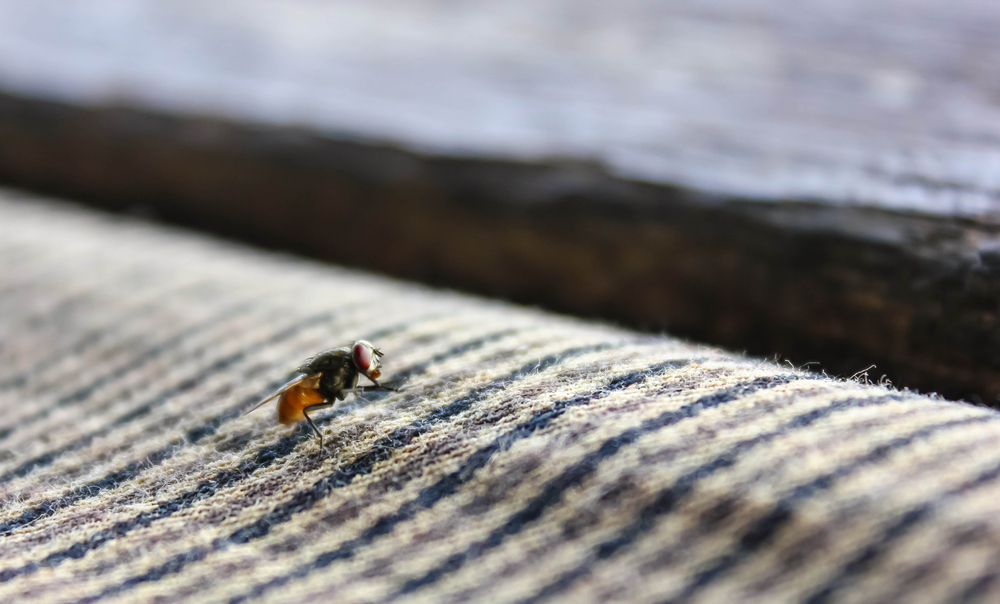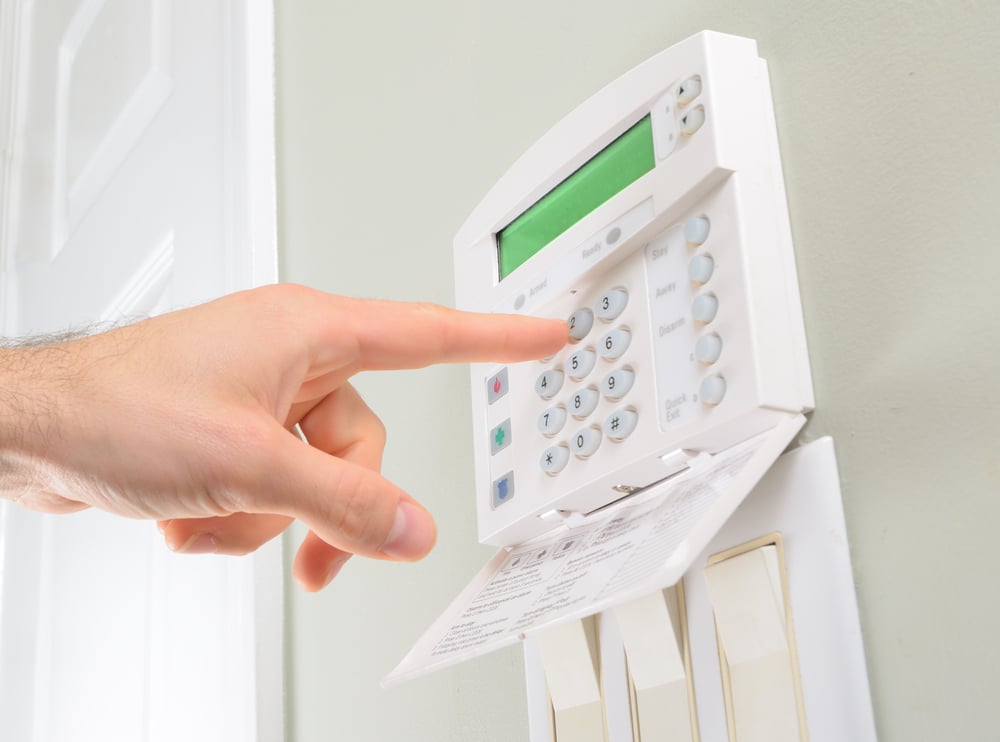
From freaky masks, to black cats, to scary
costumes, around the end of October things seem to spook us out a little
more than usual. But things can happen year round that without
insurance in place could be very scary. Don’t be a Halloweenie. Make
sure you have the right insurance coverage in place to protect you, your
family, and your belongings from spooky life situations!
Scary Scenario #1
Your neighbors are taking a walk through your neighborhood before the
trick or treaters hit the streets. Your dog, which happens to be having
a ‘ruff’ day, sprints out the door and ends up biting one of them. Are
you liable?
Answer: As the insured, you would be liable for failing to
secure the dog. Liability and potentially Medical Payments coverage
could also be triggered. You would need to have the dog liability
endorsement, and the dog would need to be other than an excluded breed.
Scary Scenario #2
All the great candy you are serving at your house makes the
tick-or-treaters start pushing each other first dibs. A kid dressed like
a witch falls and breaks her wrist. Are you liable?
Answer: Assuming there were no obstacles (decorations,
pumpkins, altered lighting such as black lights etc.) contributing to
the fall, there would appear to be no liability on the insured. Since
Medical Payments is not conditioned on liability, Medical Payments
coverage would likely apply as the injury occurred at the insured
premise.
Scary Scenario #3
Some older kids from the neighborhood decide to play the role of
trickster. They end up spray-painting your garage door in the shape of a
giant pumpkin. Are you covered?
Answer: This is considered vandalism and could be subject to AOP deductible.
Make Halloween safer! Make sure the kids have adult supervision, only
visit the lit houses, look both ways before crossing the street, use a
flashlight if needed, and stay on sidewalks.
Hoping you have a Halloween filled with sugary treats and goblins of fun!
Disclaimer: Keep in mind : The above scenarios are examples; each
real loss posses unique characteristics requiring a full investigation
and specific application of a particular policy’s terms.
Contact us for all your Insurance needs! (321)725-1620
Bob Lancaster Insurance
Serving Florida since 1964

 From freaky masks, to black cats, to scary
costumes, around the end of October things seem to spook us out a little
more than usual. But things can happen year round that without
insurance in place could be very scary. Don’t be a Halloweenie. Make
sure you have the right insurance coverage in place to protect you, your
family, and your belongings from spooky life situations!
From freaky masks, to black cats, to scary
costumes, around the end of October things seem to spook us out a little
more than usual. But things can happen year round that without
insurance in place could be very scary. Don’t be a Halloweenie. Make
sure you have the right insurance coverage in place to protect you, your
family, and your belongings from spooky life situations!








